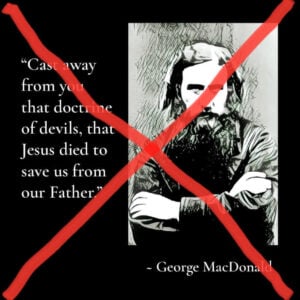Article by Teresa Chang
I had my first experience of close community in my church small group. We started out as a group of college ladies that met weekly, had dinner, fellowship, did a short bible study and prayed for one another. We continue to meet to this day, over a decade since we’ve started! Small groups were a priority for my church when it first launched, and many of us grew as a community and in our faith in our small groups. Almost all of us are now church leaders or serve in multiple ministries in our church.
Jesus is the Good Shepherd. He is the One who supports us, leads us, guides us, feeds us and restores our souls when we are weary and broken, and every church should reflect His heart of care and love. All of us are involved in caring for one another. Pastoral ministry is woven into every aspect of the church, whether you’re a senior church leader, parking attendant, janitor, worship leader or children’s ministry worker.
Other portions of Pastor’s Coach will provide in-depth ministry training in different aspects of church life and programs, but in this assessment, let’s talk about three ministry categories we believe every church should implement in order to grow in pastoral care.
Hospital Ministries
A church is a hospital of sorts for ill or injured people who need care, “physical therapy” and restoration. This hospital includes your prayer ministries and supportive inner healing and counseling ministries, which integrate God’s power and presence to touch people’s lives in significant ways. Every church should host these types of pastoral expressions or be able to direct people where to find them.
Family Ministries
Every church needs ministries that support the family. Here are a few common examples of community-building ministries that can help nurture the church family:
- Children’s ministry
- Nursery ministry
- Youth ministry
- Premarital counseling
- Church small group connectivity
Church Small Groups
The best way to build loving community is through your church small group ministry. A small group is not just a place of community, care, counsel and discipleship, but it is the place where each person’s gifts can be drawn out. Church small groups function best when they are apostolic in nature and therefore are focused on the multiplication of new leaders, new ministries and helping people discover their gifts.
At Pastor’s Coach, we recommend that every church have a growing church small group (also called cell group) ministry. Try to have at least 70 percent of Sunday’s attendance be involved in church small groups. Obviously, this takes work and time to accomplish, but as you put this ministry in place and watch it grow, you will never regret the rewards you receive as a church.



